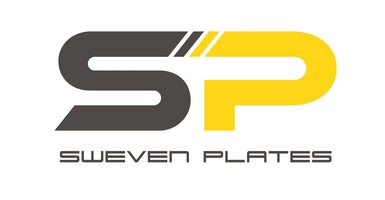
One of the world's most renowned automotive brands is on the verge of discontinuation; however, several of its more popular models will find a new home under a different manufacturer. This groundbreaking announcement was made at the Munch Motor Show, where the Volkswagen Group declared that it would cease production of Seat vehicles.
Over the next few years, certain models will undergo a rebranding process and emerge under the new Cupra brand. Volkswagen's Chairman, Thomas Schafer, emphatically stated, "The future of Seat lies with Cupra."
In his address, he also confirmed that the Volkswagen Group would substantially increase its investments in the brand once the current Seat models are phased out of the business. While some iconic Seat models, like the Ibiza supermini, are bidding farewell, the popular Leon hatchback will receive a new lease on life as a Cupra vehicle.
Interestingly, there are reports suggesting that although the Seat name might no longer be associated with car manufacturing, it could potentially find a new identity in the realm of e-scooters.
Volkswagen's decision to retire Seat as it currently exists within the group is primarily motivated by the significantly greater earning potential that the Cupra brand offers to the business. Schafer was quick to dispel any notions that this decision was influenced by issues with the Spanish government, which was a co-founder of Seat back in 1950. He stated unequivocally, "There are no problems with the government. I believe it was the right decision in hindsight, albeit a bold one. I've witnessed numerous new names rise and fall, but this was a wise choice. Cupra now stands taller than even established brands like Alfa Romeo and Polestar, encompassing both the new and the old."
Regarding the fate of current Seat dealerships in the UK, no specific information has been provided as of yet.
Seat has a rich history, with its origins dating back to the 1950s as a partially state-owned Spanish automobile manufacturer. In 1953, Seat introduced its inaugural car, the SEAT 1400, marking the beginning of its rise to prominence in the European automotive industry.
Throughout the 1970s and 1980s, Seat diversified its range of models and started designing and producing its vehicles independently of Fiat, with whom it had initially formed an agreement. This transformation positioned the company as a symbol of Spain's burgeoning industrial prowess, playing a pivotal role in the country's economic progress.
In 1986, the Spanish government divested Seat, selling it to the German automotive giant Volkswagen Group, which secured a majority stake in the company. Over the subsequent decade, Seat evolved into a key player within the Volkswagen Group, offering a diverse lineup that encompassed compact cars, sedans, and SUVs. Iconic models such as the Leon and Ibiza made their debut during this era.
In the 2010s, Seat continued its expansion, solidifying its presence in the European market with vehicles like the Ateca and Tarraco. Additionally, the company ventured into the electric and hybrid vehicle market, unveiling its own range of environmentally friendly automobiles.
